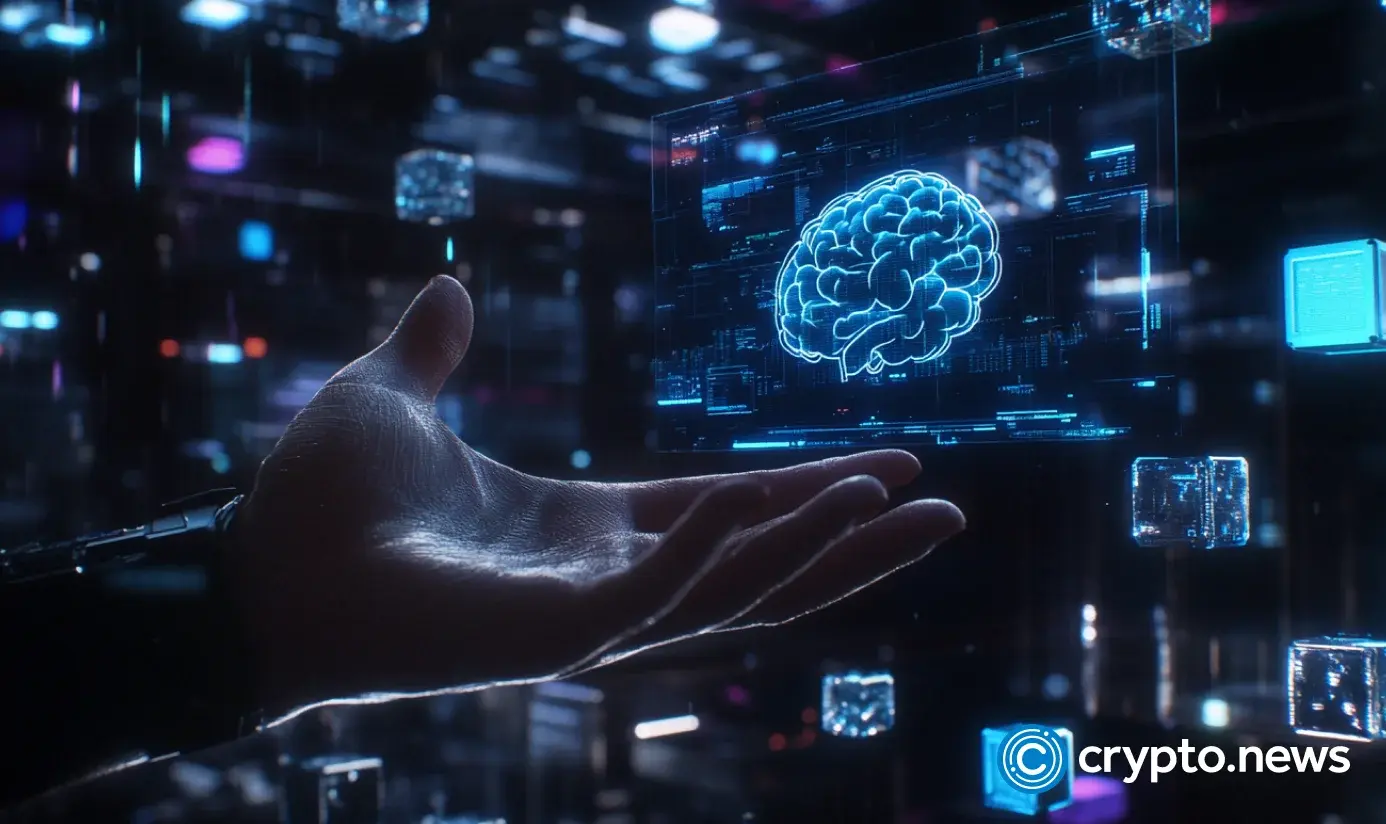U.S. Dominates AI Frontier While China Masters Mass Production—Tech Titans Play to Their Strengths

Silicon Valley’s algorithms keep outpacing global rivals—meanwhile, Shenzhen’s factories churn out hardware at unbeatable scale. Two superpowers, two playbooks.
America’s edge? Breakthrough innovation. China’s advantage? Turning prototypes into pennies-on-the-dollar commodities. The real winner? Investors betting on both horses—until the next trade war reshuffles the deck.
(And let’s be honest—Wall Street will spin either outcome as a ’buying opportunity.’)
Keeping China ‘in a box’ could backfire
While current U.S. policy has focused on restricting China’s access to advanced chips and AI technologies, Tusk warned that this strategy might aid in Chinese innovation. He cited DeepSeek, a Chinese company that developed a more energy-efficient AI model after being cut off from U.S. technology, as an example.
“The more that we keep them in a box, the more they’re going to end up being more innovative,” Tusk said.
At the same time, he acknowledged that there are competing views, some believe that isolating China could stunt its progress. “No one actually knows the answer,” he said, emphasizing the complexity and unpredictability of the situation.
Energy policy tied to AI competition
Tusk also connected America’s AI competitiveness to its energy policies. Building cutting-edge AI models requires massive computational resources, which in turn demands large amounts of energy. Tusk urged the U.S. government to streamline the approval process for new energy infrastructure, including nuclear plants and renewable projects.
He said he wants to see the Trump administration create a program that incentivizes cities and states to “compete against each other” in a race to remove permitting and regulatory obstacles. He called for reducing barriers related to environmental reviews, community approvals, and labor rules that often delay energy projects critical to supporting future AI growth.
While acknowledging that President Trump opposes wind energy, Tusk argued for an inclusive approach that supports all viable energy sources, including nuclear, wind, and solar, to meet the nation’s escalating computational needs.

